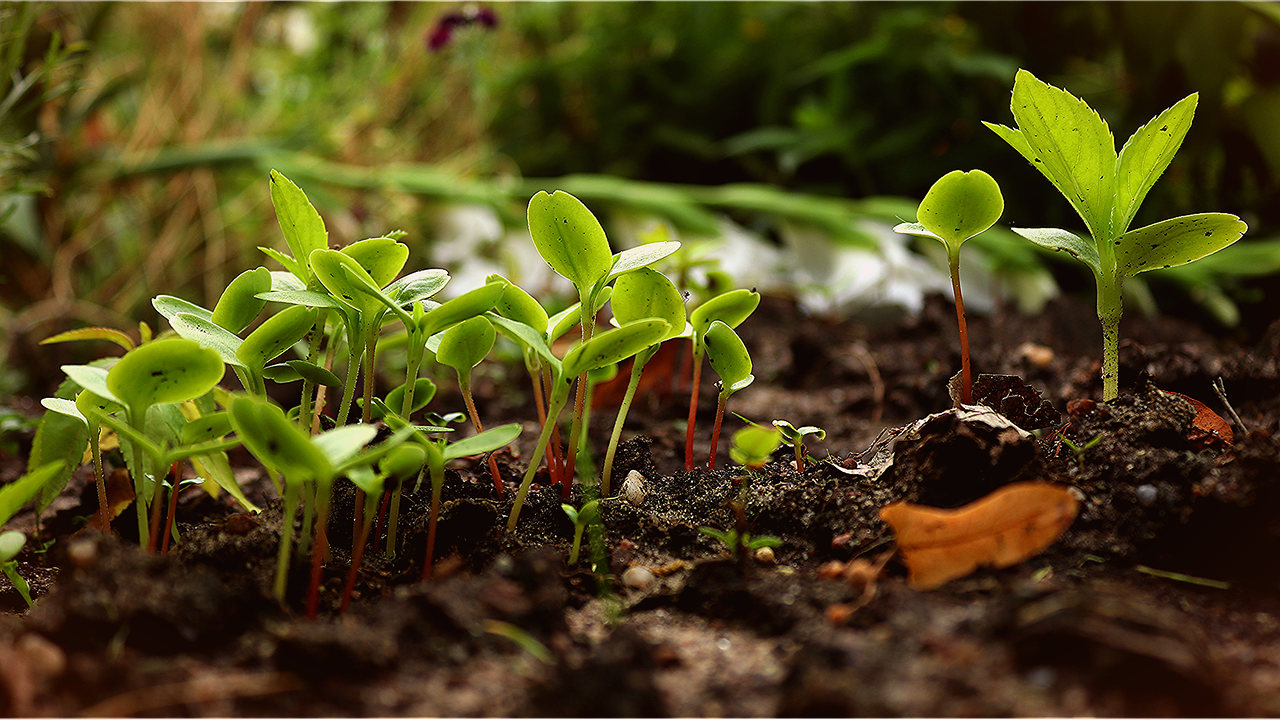
Plants need the right growing conditions and the necessary nutrients to grow, bloom and yield properly. Nowadays, artificial fertilizers are increasingly being abandoned in favor of natural ones. What does organic fertilization look like? Check it out in our short guide!
Organic fertilizer preparations do not contain harmful chemicals in their composition, so they are safe for plants and the environment, and at the same time show high efficiency. It is also worth noting that the components of organic fertilizers can improve the structure of the soil, as they fertilize it, thus increasing its ability to absorb and retain water. Organic fertilizers are created on the basis of organic matter, which can be derived from animal excrement (manure) or plant residues (compost, peat, humus).
Natural fertilizers are especially worth using in amateur crops, such as home gardens, potted crops or allotments. Ecological fertilization not only reduces the impact of chemicals on the environment, but also saves money. What can we distinguish the most popular natural fertilizers?
This is an organic fertilizer of animal origin. Its quality and properties depend on which animals it comes from. The most common manures used are those from cattle, chickens and horses. Due to the large amount of organic matter, manures fertilize the soil and improve its physical properties.
This is one of the healthiest and safest forms of organic fertilization, as it does not cause the risk of soil overfertilization. We can obtain compost on our own, at home. If we have a garden, it would be a good idea to put a composter in it. An alternative to fresh compost is granular compost available in stores.
It is created by earthworms processing compost, manure or biological waste from our home. It is sold in liquid form, the preparation should be diluted with water. Biohumus contains many micronutrients and nutrients, thanks to which it improves soil structure and increases water absorption.
Manures are rich in easily soluble and assimilable nutrients such as nitrogen and potassium. They should stand off a bit and be diluted with water before use. It is better to fertilize plants with them regularly, but in small doses. We can also make manures ourselves, for example, from nettle or garlic.
We can also use bio waste from the kitchen for organic fertilization. Plants love:
main photo: pixabay.com/WhisperingJane_ASMR